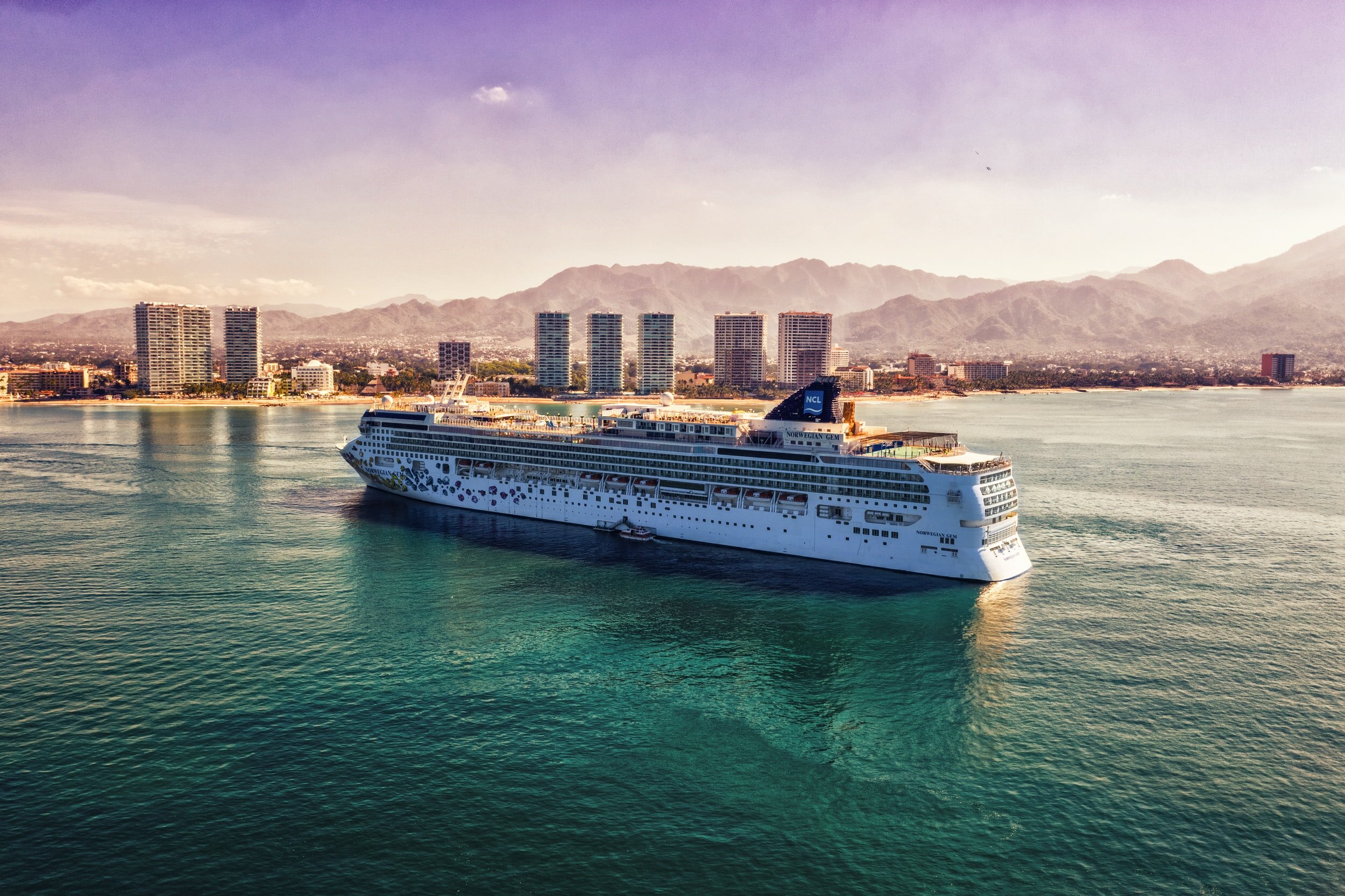
Case Summaries
London Arbitration 4/18
“Under a trip time charter, charterers claimed that the vessel was delayed by slow operation of the vessel's cranes although the gear was found in good condition. The technical data were not set out in the charter and the Tribunal, dismissing the claim, found that there was no warranty as to crane speed, nor any breakdowns or breach of maintenance obligations. The Tribunal found also that charterers failed to establish any warranty as to the vessel's speed and consumption at eco speed: owners had merely warranted receipt of builders' information. For that reason, the Tribunal had also declined to order disclosure of previous fixture eco-performance.”
London Arbitration 3/18
“After tendering NOR under an amended Asbatankvoy charter and waiting some 15 days to load, Owners accepted Charterers' cancellation' as a repudiatory breach and claimed accrued demurrage as well as losses incurred on substitute business. The Tribunal dismissed Charterers' attempt to rely upon a 3 month demurrage time bar running from completion of discharge, ruling that if there was no discharge, there was no time bar. Although Owners' demurrage claim succeeded in full, their damages claim entirely failed and as a result Owners were restricted to an 80% costs recovery.”
Unreported case in the Commercial Court - November & December 2017
“In a series of public hearings relating to tracing money stolen from a commodity company's bank accounts, the Commercial Court ordered (amongst other things):
(i) the issue of a worldwide freezing order against "persons unknown";, (ii) disclosure orders against banks situated abroad for the purpose of tracing money; and (iii) service of documents by a combination of email and online data room and by Facebook.
It is believed that this is the first time such orders have been made.”
London Arbitration 1/18 — 994 LMLN 2
“Even when Charterers failed to pay hire on time, Owners' failure to allow the full time provided under an anti-technicality clause meant that their withdrawal was premature and repudiatory. Owners' notice was also defective in that it was not phrased as an ultimatum but as a reminder.”
Rosgosstrakh Ltd v Yapi Kredi Finansal Kiralama AO & Anor [2017]
“A P&I insurer who had paid out under the policy following the sinking in 2010 of the insured vessel, later sought to avoid the policy and reclaim the payment. After the payment the insurer had changed name and identity by restructuring but the proceedings were issued (just before the 6 year limit) in the old name. The Court dismissed the defendants' argument that the mistake was legal (and inexcusable) rather than factual and despite the time bar passing and criticism of the solicitor for not investigating the name change, the Court allowed the substitution of the correct party.”
Glencore Energy UK Ltd and Anor v Freeport Holdings Ltd [2017]
“Following a fire on board a laden tanker (possibly started deliberately by the Chief Engineer), cargo owners Glencore sought recovery from shipowners for their proportion of salvage (and costs) and challenged shipowners' entitlement to GA contribution. The Court ruled on preliminary issues as to barratry and Article IV r2(b) (fire) and (q) (other cause) of the Hague Visby Rules. Barratry required a deliberate and wrongful act prejudicing owners or cargo; the wrongful element must involve something generally recognised as a crime or a deliberate or reckless breach of duty to shipowners; if therefore the C/E was suffering from a clinical mental disorder, the act would not be barratrous. However, Art IV r2(b) can still apply to a deliberately started or barratrous fire, although not r2(q).”